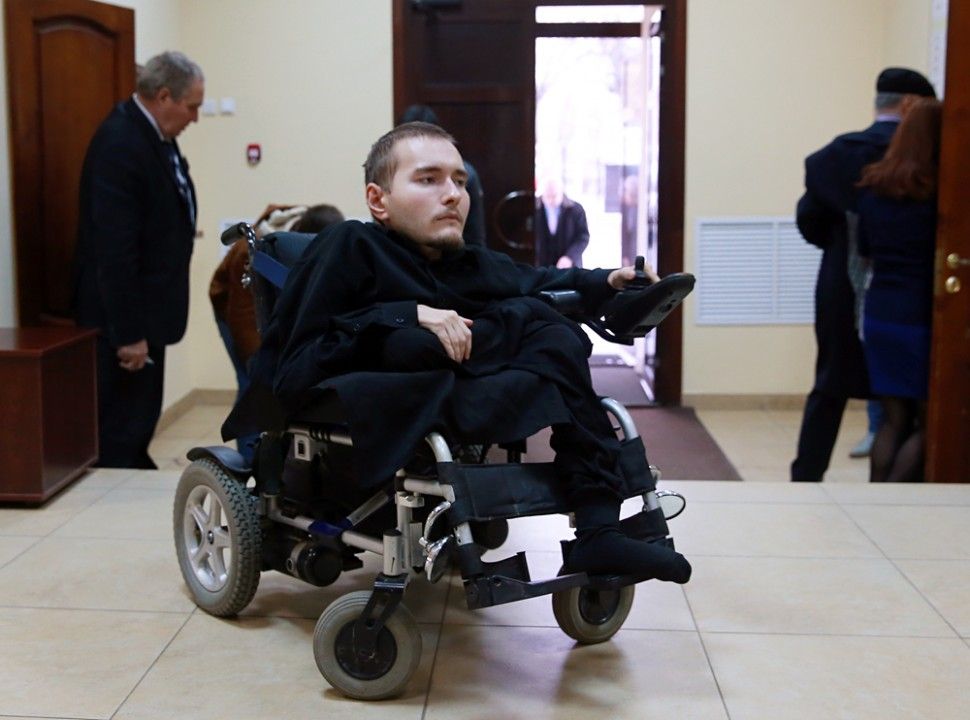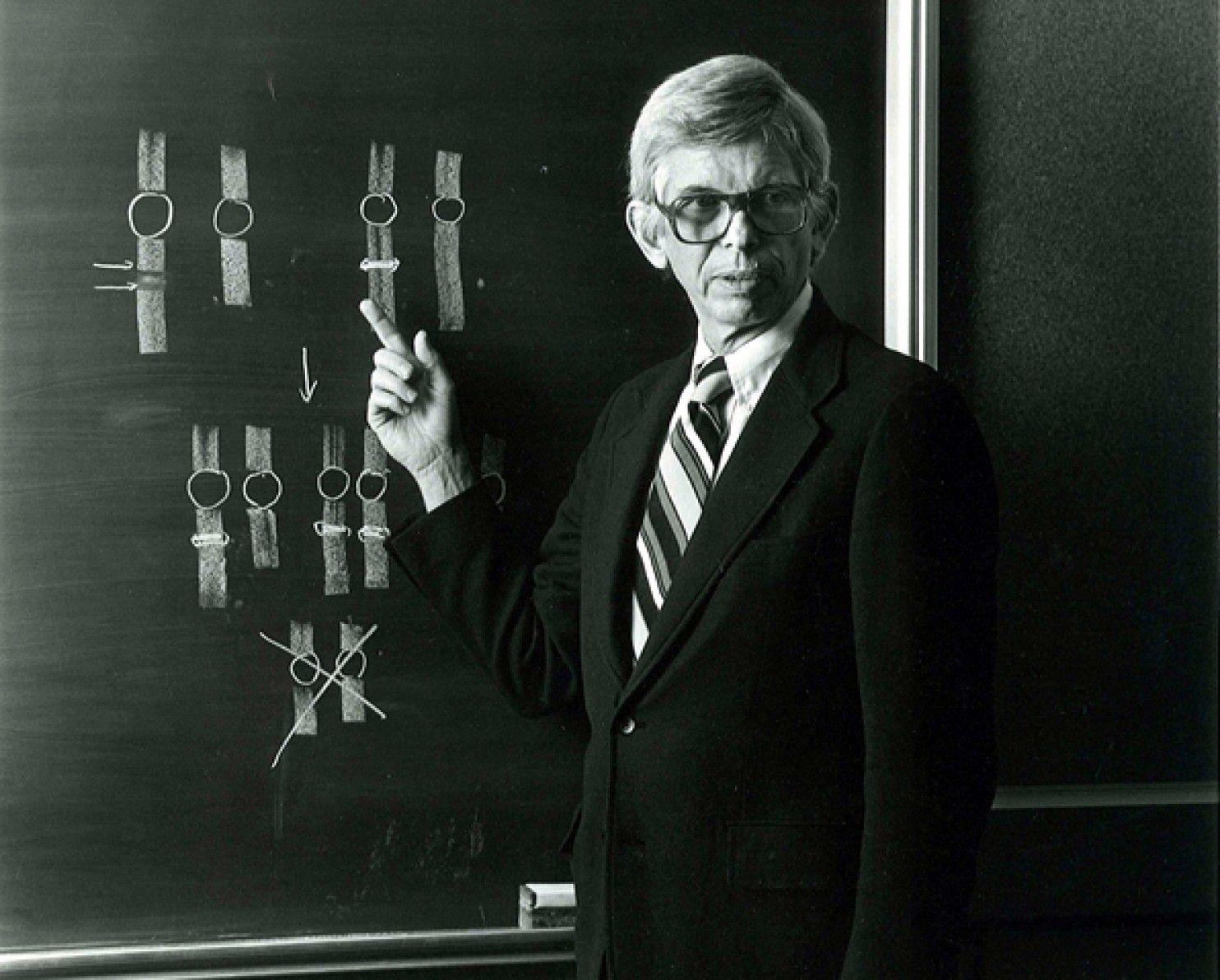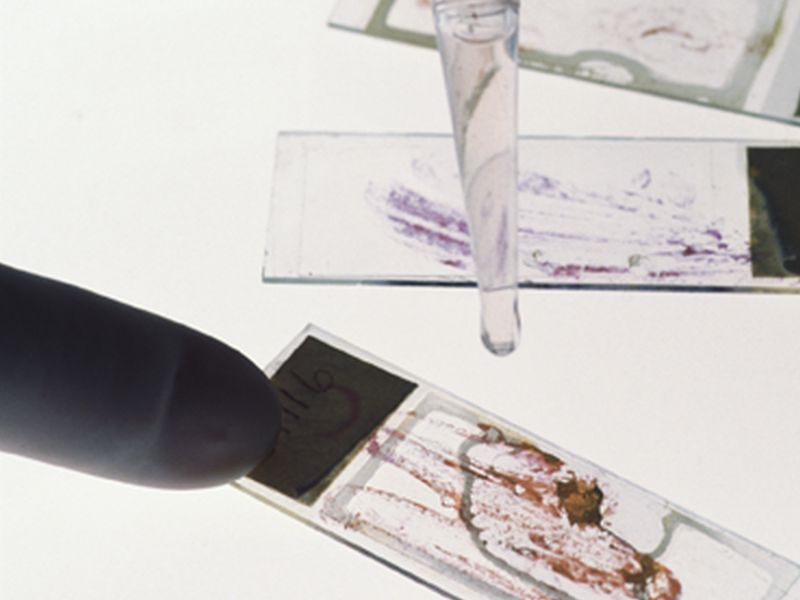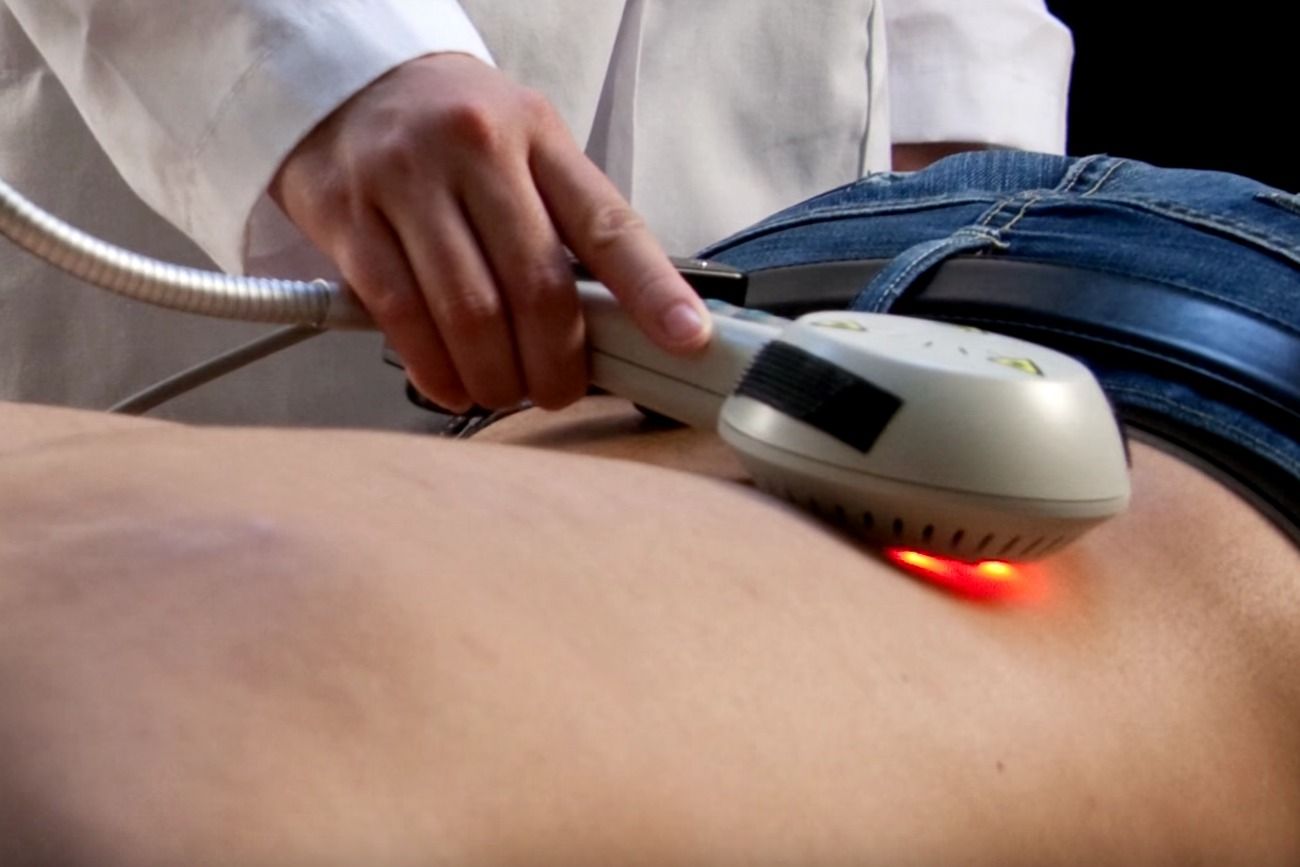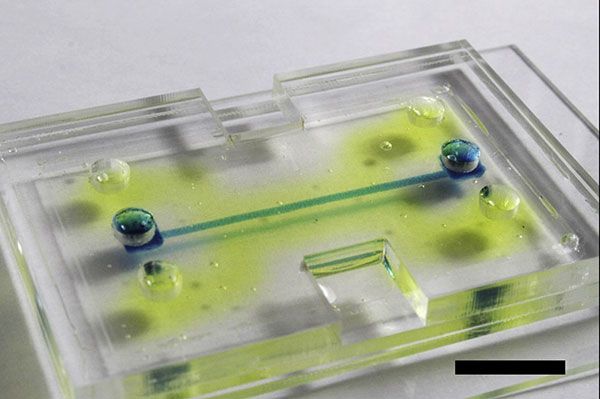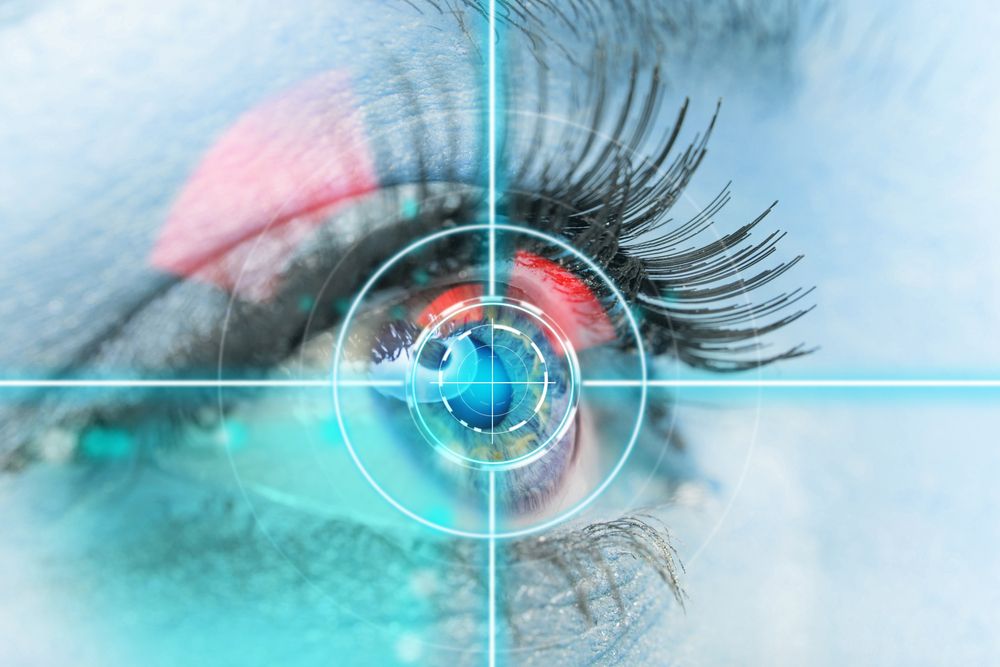DNA codes for life as we know it, but in recent years, scientists have discovered more uses for the molecule. Because DNA is foldable and “sticky,” they’ve begun making microscopic shapes called DNA origami. Over the last decade or so, researchers have improved at this DNA art, and now, Caltech scientists say they used DNA to sketch a glowing masterpiece — a replica of Vincent van Gogh’s famous painting “The Starry Night”— on a canvas the size of a dime.
While the mini-van Gogh is neat — if a little fuzzy and monochromatic — the demonstration shows the technique may be approaching more practical uses. One of the difficulties of making technologies ever-smaller is figuring out how to precisely place components. As it turns out, our fingers are just a little too fat to build on scales far thinner than a human hair.
Researchers hope DNA origami can be like surrogate hands on the tiniest scales, and if successful, the technology may be used to build useful devices smaller than any yet in existence.

